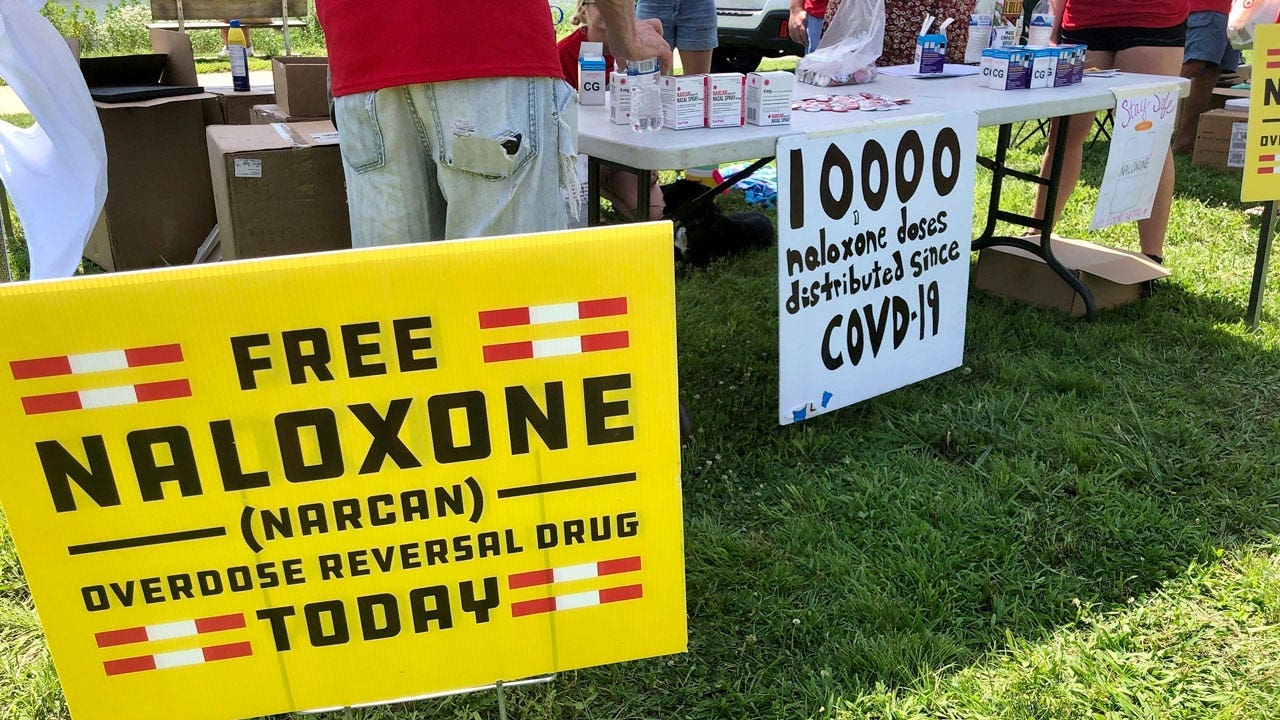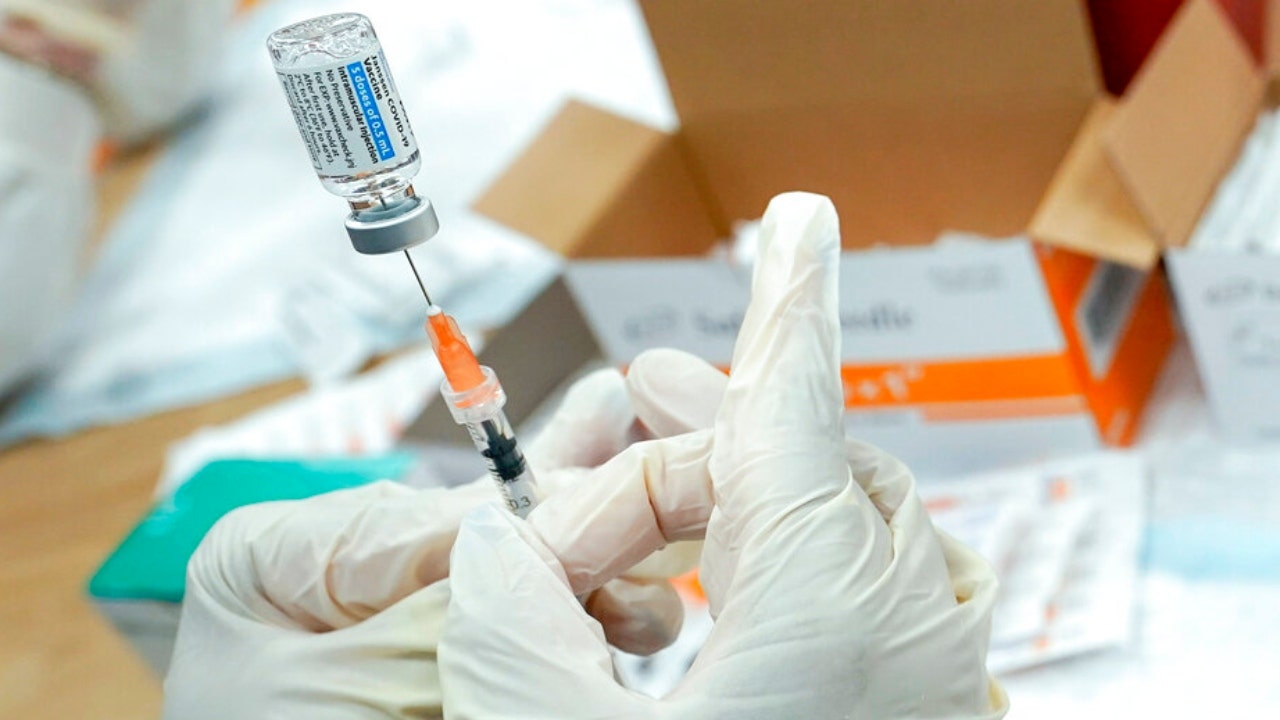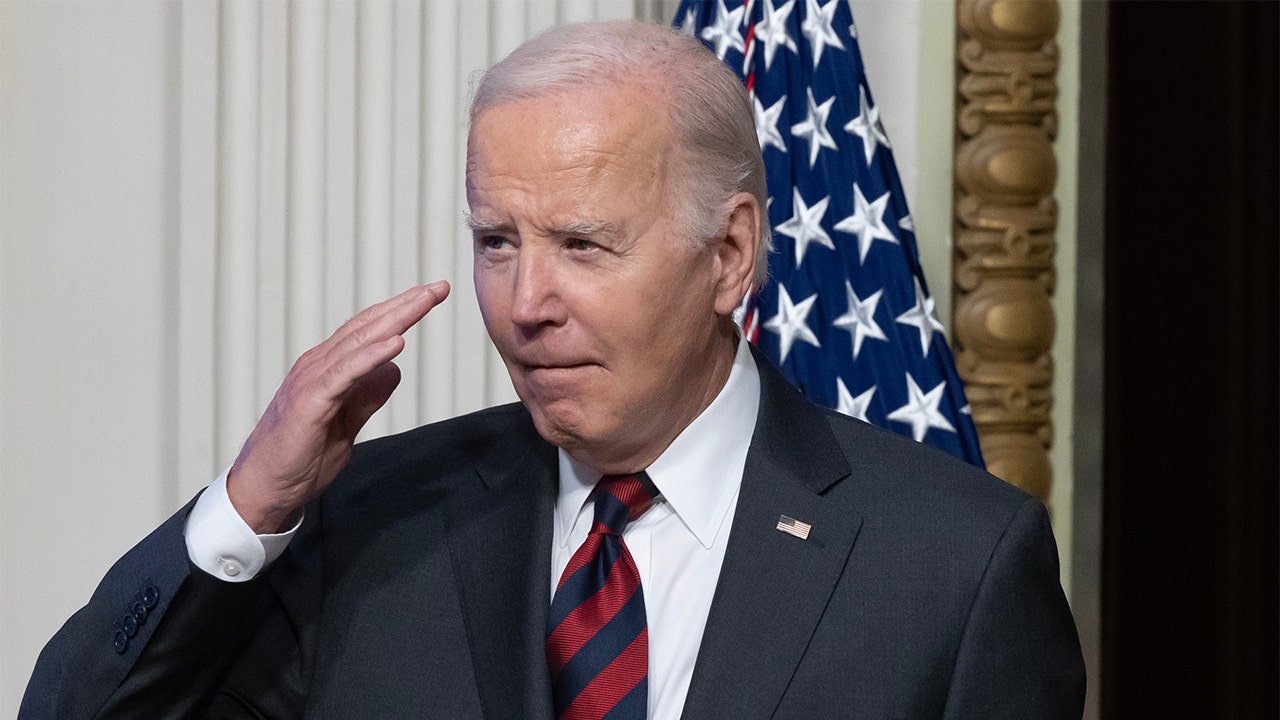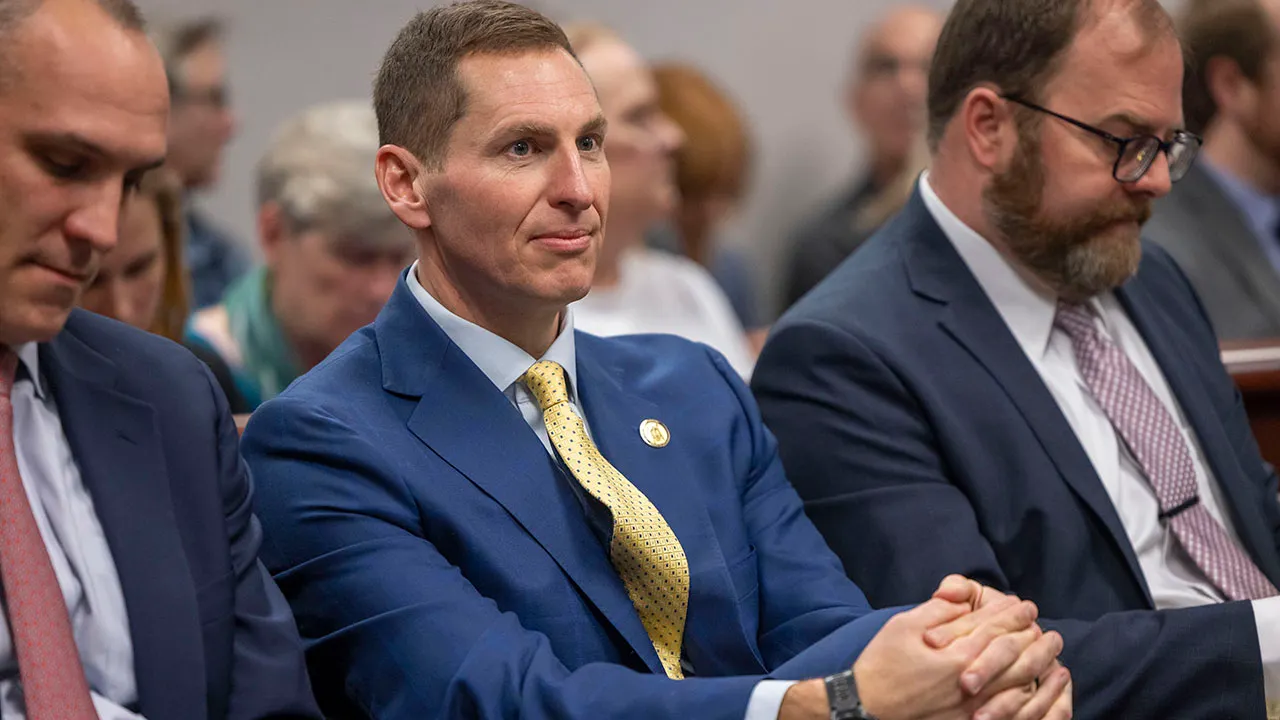EXCLUSIVE: A panel of bicameral Democrats will release a report Monday that seeks to claim substantive cuts to Medicaid could lead to more than 100,000 beneficiaries immediately losing access to subsidized medication treatment for opioid use amid the fentanyl crisis.
Sen. Maggie Hassan, D-N.H., the top Democrat on the Congressional Joint Economic Committee, told Fox News Digital both the Trump administration and Congress agree that addiction treatment is crucial in combating the fentanyl crisis.
“[A]s this new report highlights, Medicaid is what enables one million people to get medication-assisted treatment for opioid addiction, the gold standard of addiction care,” Hassan said of the minority panel’s findings.
“President Trump and Congressional Republicans have proposed gutting Medicaid— in order to pay for tax breaks for corporate special interests and billionaires — which would jeopardize addiction care just as our country is finally starting to see progress in addressing the fentanyl crisis.”
DEMOCRATIC SEN. HASSAN SPOTLIGHTS DIFFERENCES WITH BIDEN BUT SAYS PRESIDENT ‘ALWAYS WELCOME’ IN NH
Several states have laws that would go into effect and immediately halt certain Medicaid expansion subsidies if federal Medicaid funding to those states is cut.
In the report, Hassan’s caucus provided footnoted figures for several states, including her home state, where Medicaid expansion would be curtailed under any Medicaid appropriation cut.
Eight states would automatically terminate Medicaid expansion if its federal funding share falls below 90%. Arizona, as one other example, reportedly has a trigger law set at 80%.
“President Trump and Congressional Republicans have proposed gutting Medicaid— in order to pay for tax breaks for corporate special interests and billionaires,” Hassan claimed.
ZOMBIE DRUG SMUGGLED ACROSS SOUTHERN BORDER A GROWING THREAT TO AMERICANS, DOCTOR WARNS
“[That] would jeopardize addiction care just as our country is finally starting to see progress in addressing the fentanyl crisis.”
The report also found the CDC recently announced an estimated 24% drop in overdose deaths from 2023 to 2024 – the lowest since COVID. CDC reportedly pointed to addiction patients’ access to medication and “evidence-based treatment” contributing to the decline.
Besides its high-profile immigration and trafficking enforcement endeavors, the White House last week released a dossier focusing on its drug policy priorities.
One priority includes efforts to provide “treatment that leads to long-term recovery.”
According to the policy outline, the Trump administration will seek to “increase the number of individuals receiving evidence-based treatment and achieving long-term recovery from addiction and substance-use disorders.”
“Effective treatment and robust community-based recovery support services are key to ensuring that individuals struggling with addiction and substance-use disorders can find recovery and lead productive, healthy lives,” the White House said in the document.
“The Administration will ensure effective, timely, and evidence-based treatment is available to all Americans who need it.”
The administration will also bolster overdose prevention education and meds like Naloxone (Narcan).
“We will encourage state and local efforts facilitating law-enforcement-assisted diversion to connect people who use drugs with supportive services that divert them from incarceration and reduce recidivism,” the White House said in its proposal.
But, Hassan’s panel warned Trump’s well-intended plans to expand access to medication-assisted opioid treatment could face a roadblock if state trigger laws nix Medicaid coverage.













